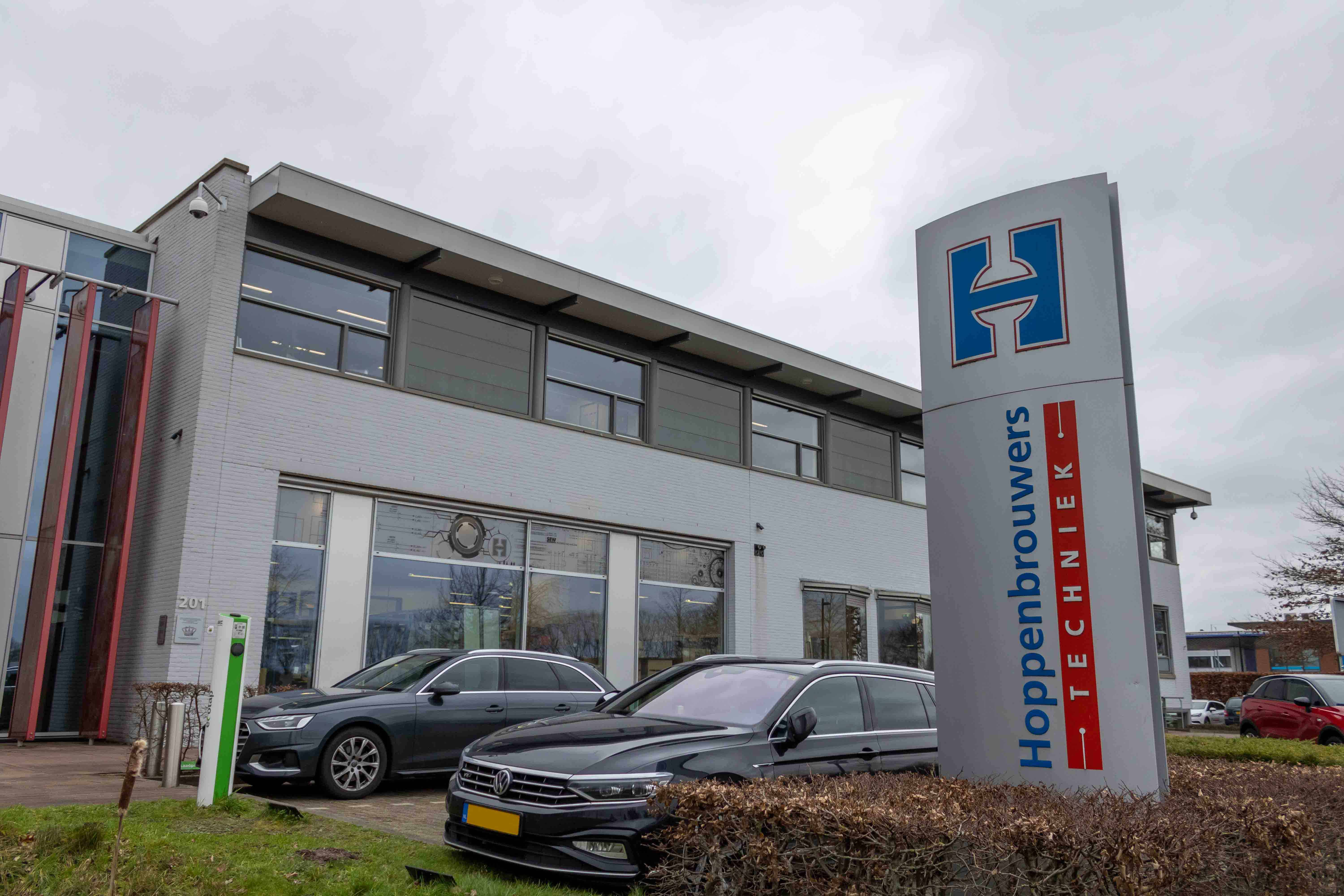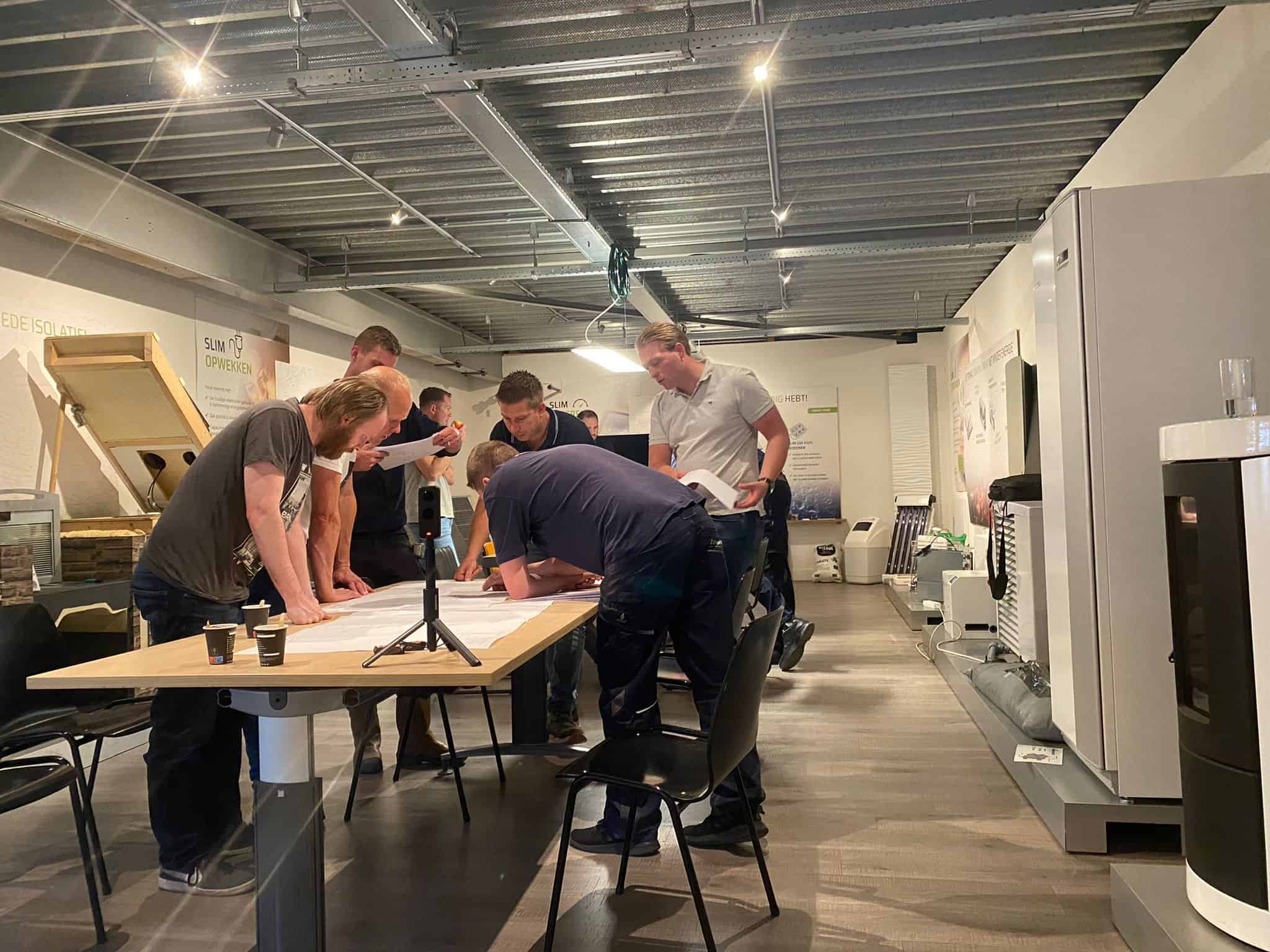
Within the organization ENGAGE.EU, Tilburg University is trying to cooperate with six other universities in Europe. Among other things, the program should make exchanges easier. The first phase is now behind us, but the program still needs to gain a lot of name recognition. The eighth story in a series about the Tilburg University region.
On the campus of Tilburg University, the sun is breaking through. Morning classes have just begun. Students walk or bike from building to building. We ask a few dozen passing students if they are familiar with ENGAGE, one of the major international programs in which the university is involved. Yes, says a few. No, is the answer at least thirty times.
The answers indicate the need for more familiarity with the ENGAGE program. Within the network, Tilburg University cooperates with Mannheim, Toulouse, Rome, Sofia, Bergen, and Vienna universities. Soon Helsinki will also join. Together, they want to create a kind of “European university” and “change the way we teach, research, and innovate. The universities want to tackle “major challenges facing Europe,” such as digitalization, climate change, aging, and migration. The collaboration is a recognized Europe University Alliance, as university collaborations are called internationally.
Boudewijn Haverkort is vice president of the network on behalf of Tilburg University. Although the program may still need to be well known among students, the cooperation within ENGAGE is bringing about a lot, even in Tilburg. “We can say that we are very successful with ENGAGE,” he says from behind his desk. “The rectors of the universities meet regularly online and twice a year life. In Tilburg, maybe a hundred staff members cooperate with these other universities in various ways.”

No credits
But what exactly does the program entail? Among other things, the universities want to make it easier to study at one of the other universities for a while. “I honor that every student gets a European experience during their studies, and now that applies to about a quarter, which is still quite little,” Haverkort said. Through summer schools, so-called week-long expeditions, and online classes, ENGAGE aims to entice more students to gain experience abroad.
Like last year, when students came to Tilburg University’s campus to participate in such a five-day expedition: about 3 students per university, 25 in total. The students researched energy transition for the municipality of Tilburg, research institute Het PON & Telos, and the municipality of Mannheim. To do so, they shared their research in the city hall council chamber and went on an excursion through the city.
Such expeditions show that there is life in the brewery. Although it still needs to be flawless, Haverkort also acknowledges it. After all, students only sometimes receive credits if they take classes at one of the seven universities. “That’s not always easy to get done. Sometimes students want to participate, but when they are told that the credits they get elsewhere are not approved here, they are reluctant. And that’s a shame. I am actively working on ensuring that we do more about this and that credits are worth the same to all students. In some programs, this is easier than in others.”
Arranging Ph.D. programs at the seven universities is also a challenging task, Haverkort knows. “The regulations surrounding Ph.D. programs are already not quite the same between universities in the Netherlands, let alone when you cross the border,” he says. “If the universities want to agree on something, we all have to go back home with that agreement, and then you have to go through the whole circuit here; talk to the rector, talk to the various committees…. Do we want this, and can we do this? So that takes a lot of time and effort, but the idea is to try to find each other in this.”
Haverkort understands that university employees sometimes see the program as “extra work. “You can look at it that way, and it happens here and there; I won’t hide that. At the same time, we manage to convince more people that this is important. ENGAGE is the future of Europe’s university landscape,” he believes. “I don’t think I need to underline how important it is for Europe to stand for something as a whole.”

Seven million euros
Underlining ENGAGE’s mission, the European Commission gave the program a grant at its launch in November 2020. And a big one: five million euros was spent to get the collaboration off the ground. A year later, the partnership received another more than two million euros through the Horizon program, also from the European Union. In October of this year, the five million euro grant expires; a more than two million euros subsidy can still be held until September of next year.
The question is whether that is money well spent. Tessa Chambon, chair of ENGAGE’s Board of Learners, thinks it could be even better. Made up of students from the universities, the Board of Learners gives the universities solicited and unsolicited advice on what could be improved. “ENGAGE ” is excellent, but putting a unique product on the map is tough. A student can quickly go on exchange to all kinds of universities worldwide for a long time,” Chambon acknowledges.
Therefore, ENGAGE must look for its distinctiveness. “We want to know from students what they miss in a normal exchange,” he said. For example, the Board wants students to stay involved with other schools on the continent even after an exchange, Chambon says. “Instead of a student going on an exchange to Germany and coming back on their own, we want to start building that network of everyone who participates in ENGAGE so that it becomes a kind of community of its own.”
Arranging Ph.D. programs at the seven universities is also a challenging task, Haverkort knows. “The regulations surrounding Ph.D. programs are already not quite the same between universities in the Netherlands, let alone when you cross the border,” he says. “If the universities want to agree on something, we all have to go back home with that agreement, and then you have to go through the whole circuit here; talk to the rector, talk to the various committees…. Do we want this, and can we do this? So that takes a lot of time and effort, but the idea is to try to find each other in this.”
Haverkort understands that university employees sometimes see the program as “extra work. “You can look at it that way, and it happens here and there; I won’t hide that. At the same time, we manage to convince more people that this is important. ENGAGE is the future of Europe’s university landscape,” he believes. “I don’t think I need to underline how important it is for Europe to stand for something as a whole.”

Enter a second phase
For now, too few students know of ENGAGE’s existence to get that model off the ground properly. Chambon: “I think nine out of ten students don’t know what it is and what the possibilities are. So with the board, we are also very much working to encourage and improve the promotion of the program. Now hardly anyone knows about it, and that is a super sin,” she says.
However, according to Haverkort and Chambon, it is not down to Tilburg University’s efforts; it is already doing a lot to raise awareness of the program. “The current Executive Board is right behind this; they think it is essential. Wim van de Donk is pre-eminently someone who thinks European,” says Haverkort. Chambon: “We do want to do some more entrepreneurship ourselves in the second phase by actually going on campus or opening a stand at an exchange fair so that we are at least a little more visible to students.”
Indeed, the network would like to enter a second phase when this first phase ends in October. In the meantime, the universities have applied for a new grant for this purpose and will hear before the summer whether they will be awarded it. For that new application, the alliance has focused more on the outlines, Haverkort says. “We focused a little less on the details. We did that for the first application, but that didn’t give us much room to go in a different direction. In any case, it is important that in that second phase, we start thinking from the collective and less about what can or cannot be done from the home university. Only then can we grow as a network.”
This series also appears in Brabants Dagblad and was created with support from the Tilburg Media Fund.







